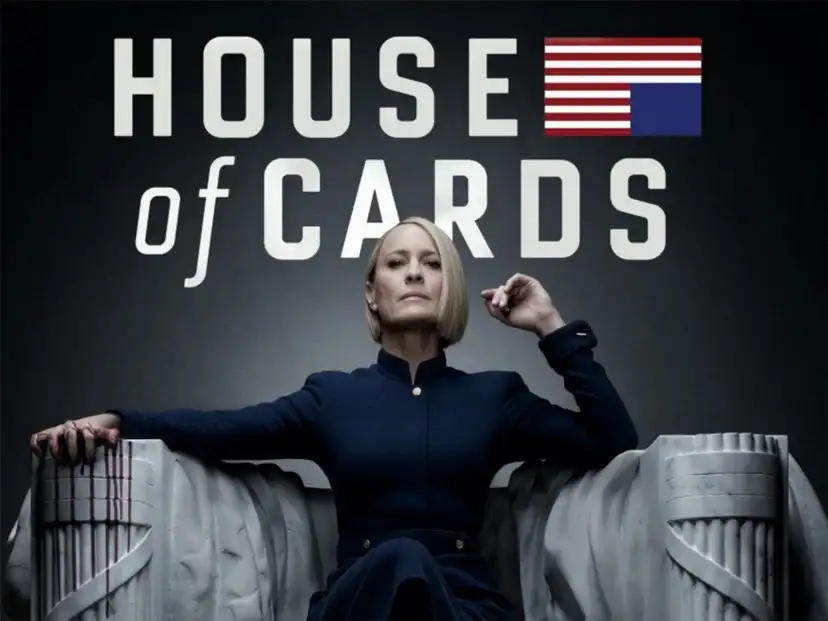This week’s edition of Community Wisdom focuses on advice for project founders and CEOs. We’ll discuss the benefits of two-week sprints, alternatives for smaller teams, how to co-design, running team meetings, post-mortems, the qualities to look for in a coach, setting up sales teams, and lessons for early stage founders. Let’s dive right in!
Ideal Sprint Lengths
One of the most common questions that project managers ask is how long should their sprints be? Two weeks is a popular choice; it’s short enough that you can see progress quickly, yet still long enough to accommodate many types of projects. Benefits include increased focus and accountability as well as better communication between team members. Alternatives for smaller teams include one-week sprints or even daily scrums.
Where Does a PM’s Job End and Designers Begin?
Product management and design often overlap; after all, both roles are focused on creating great products. However, there are some distinct differences between the two roles. Product managers have a broader view of the product while designers are more focused on creating something visually appealing. The best way to ensure success is to collaborate and co-design together; this allows each person’s unique skillset to come into play while also making sure that no detail goes overlooked.
Running Team Meetings
Team meetings are an essential part of any successful project team. It’s important to dedicate time at each meeting for vulnerability (BB Time). This allows everyone on the team to openly share their feelings about the project without fear of judgment or criticism from others. Additionally, it’s valuable to open up discussion rather than simply relaying information from one person to another; this encourages collaboration and creative problem solving within the team.
Running Post-Mortems
Post mortems are an invaluable tool for any project manager looking to improve their process over time. They allow teams to identify areas where they excelled as well as areas where improvement is needed in order to succeed with future projects. Some best practices include dedicating time before each post mortem begins so that everyone can reflect on their individual experiences and be prepared to actively participate in the conversation when it begins; using data whenever possible; being open minded during discussions; focusing on solutions rather than assigning blame; and debriefing throughout the project so that issues can be addressed before they become major problems down the line.
Best Product/Executive Coaches
Finding an experienced executive or product coach who understands your goals can be invaluable when it comes to growing your business or launching a new product/service offering. Look for someone who has experience working with businesses similar in size and scope as yours as well as someone who is willing to take an active role in helping you reach your goals instead of simply providing guidance from afar. Setting Up Sales Teams Understanding your target market is key when setting up sales teams—this will help you determine what type of salesperson will work best for your specific needs (e.g., inside/outside salesperson) as well as which strategies will be most effective when targeting potential customers/clients (e.g., cold calling vs email outreach). Once you’ve identified your target market, make sure that you provide proper training on both your products/services offerings as well as any relevant industry knowledge so that your sales team has all the necessary tools they need in order to succeed in their job!
Lessons For Early Stage Founders
As an early stage founder, it’s important not only to understand when it’s time to ask for help but also what kind of help you need—whether it’s getting advice from mentors or investors or outsourcing certain tasks such as marketing or accounting—and finding people who can provide this assistance without breaking the bank (e.g., virtual assistants). Additionally, flexibility is key! Things change quickly at the startup phase so don’t get too attached too soon—be willing and able adjust course if necessary in order make sure that your product succeeds!
Conclusion:
This week’s edition of Community Wisdom provided advice specifically tailored toward project founders and CEOs looking maximize efficiency within their organization through better understanding processes like sprint lengths, design/product management overlap , running team meetings , running post-mortems , finding coaches , setting up sales teams ,and advice for early stage founders . Thanks for joining us this week—we hope you found these tips useful! Until next week…happy innovating!


